Filing for bankruptcy after graduation
Roths Child Law
AUGUST 14, 2023
Student loans are one of the primary ways graduates build up debt. College students are often also targets of credit card companies, which can lead to all kinds of debts. Many students use their credit cards to buy books, supplies, coffee, alcohol, clothes, rent and food.

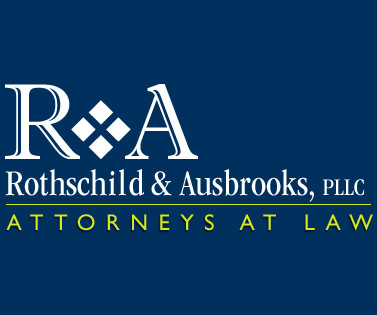
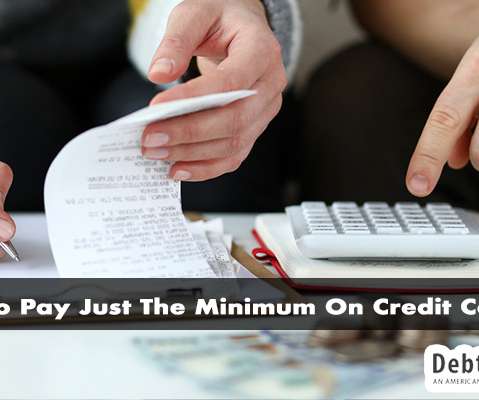

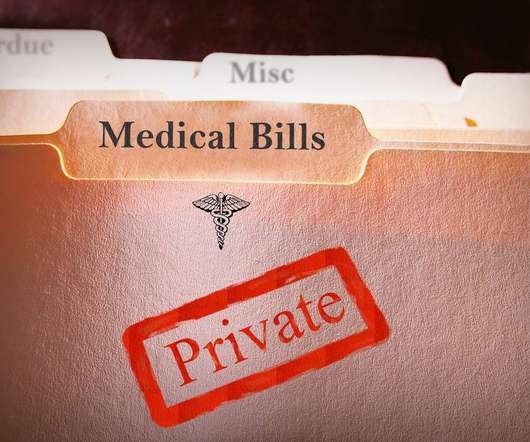




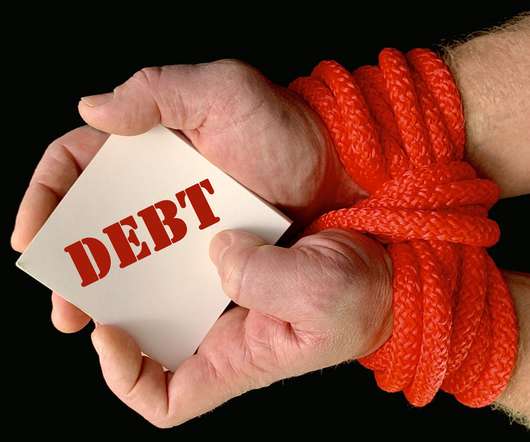


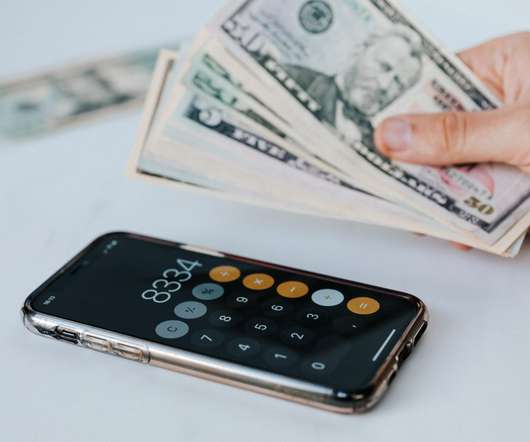





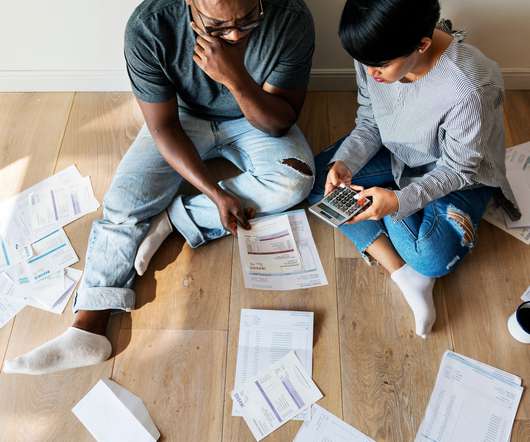








Let's personalize your content